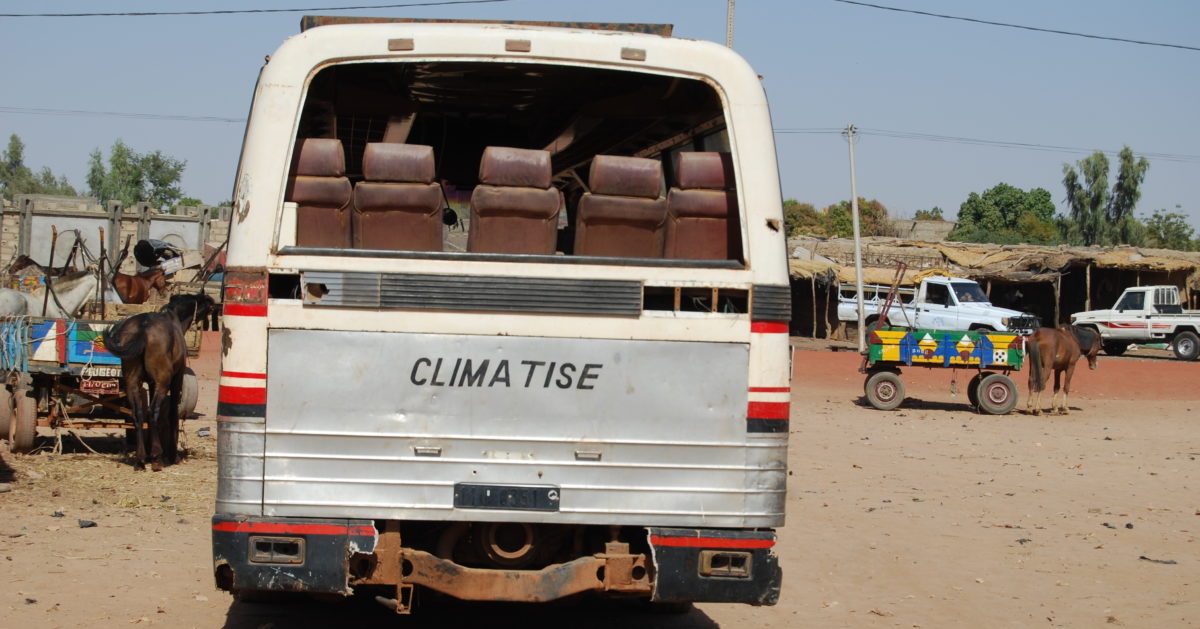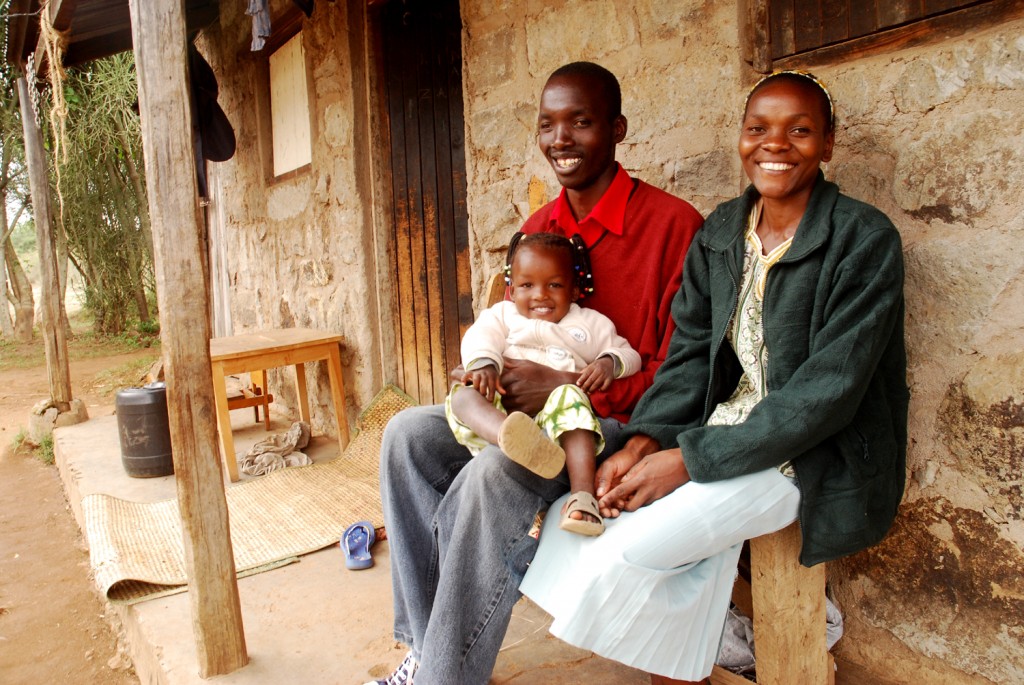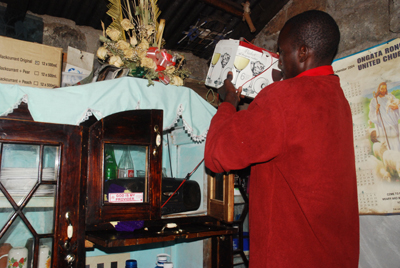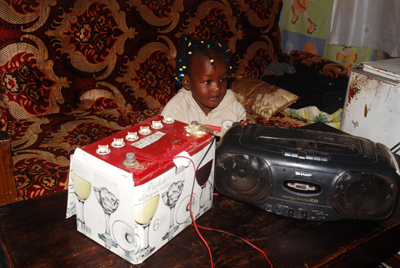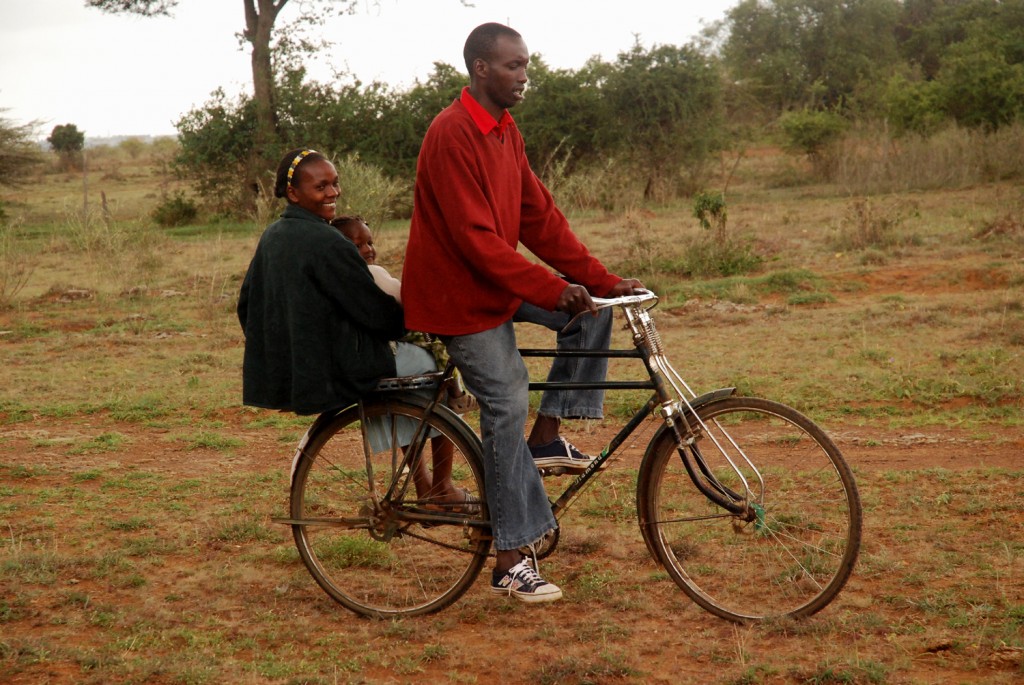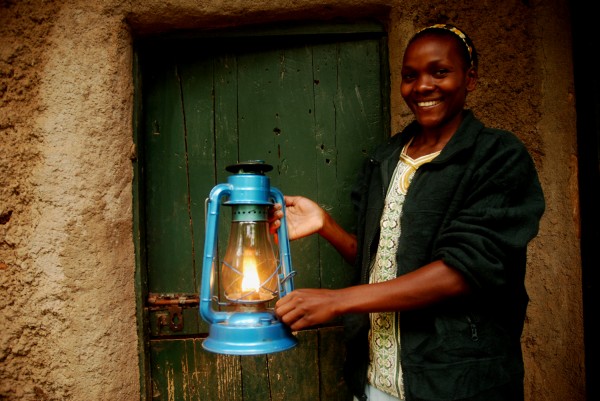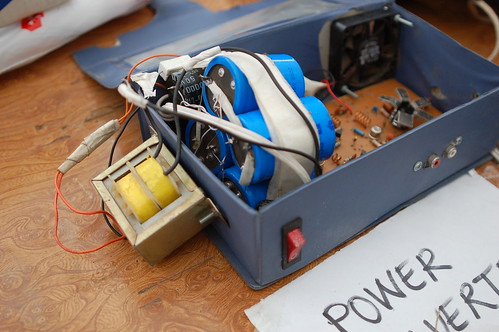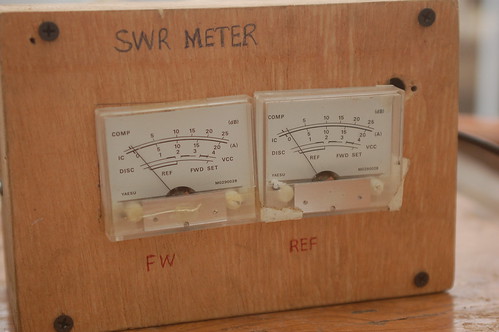It is one thing to drool over the coming digital age in Africa just by studying the numbers, charts and info-graphics. It is a whole other experience to encounter the early signs of all of those numbers and projections in real life. An even bigger experience when you stumble upon genius in the making right in your back yard.
Remember these kids that built their own toys? Turns out creative genius runs in my family. (Must have skipped right over me, this gift. Le sigh.)
As I was leaving my mother’s house in Masindi after an all too brief visit, I stopped into the boys quarters to say bye to my little brother and two of my nephews. They were busy listening to the radio and I was wondering where the radio came from cause certainly my mother wouldn’t afford them such a luxury.
My jaw dropped and Afrigadget logos started spinning above my head in excitement all cartoon-style! After pestering my mother to get them a radio for the room they used as their club house to no avail. They decided to just embark on building one themselves.
So while on holiday from school, my brother Caleb, 12; my nephews Ronald, 15 and Jesse, 12 rounded up some scrap parts and built what you see above in about a day. I didn’t have enough time to interview them properly, but man was I smiling all the way to Kampala.
Mind you that this was done out of curiosity and not some educational endeavor. Can you imagine what else Africa’s kids could build given even a slight revamp of the education system? With nearly 50% of our population under the age of 15, just how many curious minds are just waiting for an opportunity to do something like this?
As an aside, you can’t tell me you would have thought to use a jerrican as a boombox! That’s just beyond mad genius. Anyone know of cheap engineering kits I could get them to continue to play?

